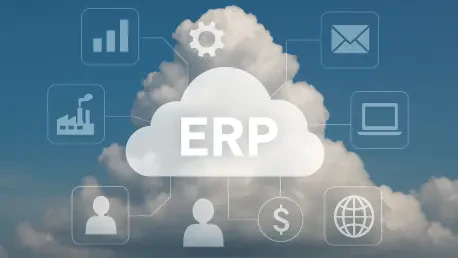
In a digital landscape increasingly fraught with peril, the emergence of sophisticated cybercriminal groups has become a pressing concern for businesses and critical infrastructure worldwide. The US Cybersecurity and Infrastructure Security Agency (CISA) has recently sounded the alarm on the

In an era where digital transformation dictates the pace of business success, a staggering number of enterprises find themselves tethered to outdated cloud architectures that hinder agility and innovation, leaving them unable to keep up with modern demands. Legacy systems, with their rigid silos of

In an era where businesses increasingly rely on complex multi-cloud and hybrid environments to drive innovation, managing these systems efficiently has become a critical challenge for organizations across industries. The sheer volume of data, coupled with the need for real-time insights and

Setting the Stage for a Cloud Conundrum Imagine a digital landscape where the backbone of Europe's economy—its cloud infrastructure—rests in the hands of a few dominant players, potentially stifling innovation and inflating costs for critical services. In the heart of this scenario lies Broadcom's

In the fast-paced realm of cybersecurity, a severe vulnerability in Microsoft SharePoint, dubbed "ToolShell," has surfaced as a significant danger to organizations across the globe, exposing critical weaknesses in a platform relied upon by countless enterprises and government bodies. Discovered

In an era where digital transformation dictates the pace of business evolution, many large enterprises face daunting challenges in migrating their intricate ERP systems to the cloud, especially when timelines for such shifts are constrained by operational complexities. SAP, a global leader in